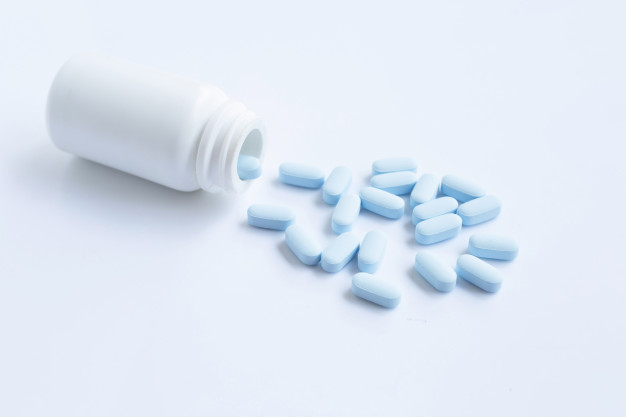Aspirin has been used for many decades to prevent heart attacks. Earlier this year, leading medical organizations released updated prevention guidelines, noting that aspirin should not be used in routine primary prevention for heart attacks due to lack of net benefit. This caught the attention of media, yet news stories generally oversimplified the new guidelines – failing to make clear that the recommendation applied only to primary prevention and often downplaying the positives of using aspirin for many who already have heart disease. There are over 48 million women who have or are at risk of developing heart disease. Aspirin use is an essential prevention tool for those women.
Following the release of the new guidelines, WomenHeart partnered with Bayer Aspirin and Mended Hearts on a survey of 500 heart attack patients. The goal of the survey was to gain an understanding of the current perception and use of aspirin as a secondary prevention tool for heart disease.
Key findings from the survey:
- Most respondents feel informed and confident in their understanding of how to prevent another heart attack and the role of aspirin in prevention.
- 61% of women in this survey reported “a lot of communication” with their doctor, and another 26% reported “some communication,” about managing their risk for another heart attack.
- 7 out of 10 heart attack survivors had recently seen, heard, or read information about aspirin. Only 6 out of 10 correctly heard the message about who should or should not be taking aspirin for prevention of heart attacks.
- 14% of those who had heard the news about new guidelines stopped taking aspirin. Most of those people (78%) talked to their health care provider first before making the change.
WomenHeart’s Scientific Advisory Council reinforced that the new recommendations apply only to primary prevention, not necessarily to those who have already experienced a heart event, and they shared their advice for patients. Those who have had a heart attack, stent or bypass should be on aspirin, unless specifically advised otherwise. Women without heart disease should generally not take aspirin, especially if they are over the age 70 or have increased bleeding risk.
Celina Gorre, WomenHeart CEO, wants our community of WomenHeart Champions and supporters to know that, “it’s important that women who have experienced a heart attack understand that aspirin plays a role in their care regimen. Heart attacks symptoms are different for men and women and it is essential to maintain a dialogue with their health care provider about the best course of treatment for them.”




